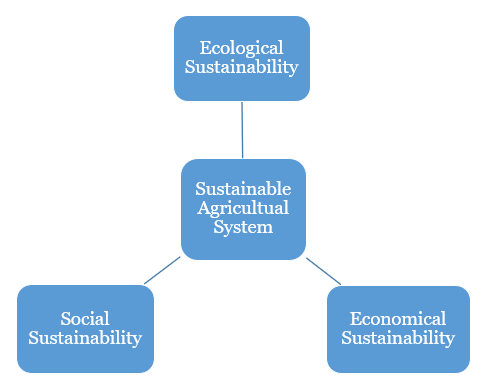Why in news?
Increasing exports of key commodities like tea, sugar, and millets poses multiple challenges to the sustainability of production, processing, and distribution systems.
What is the recent trend of agricultural exports in India?
India is in 8th position in global agriculture exports in 2023 as per WTO report.
About 50 million farmers depend on sugarcane cultivation in India.

On average, 1 kg of sugar requires between 1,500 and 2,000 kg of water and Sugarcane and paddy occupy around 25% of the gross cropped area in India and consume 60% of the country’s total irrigation water.
Millets require minimal water and are resilient to harsh conditions, making them an ideal sustainable crop for both domestic use and export.